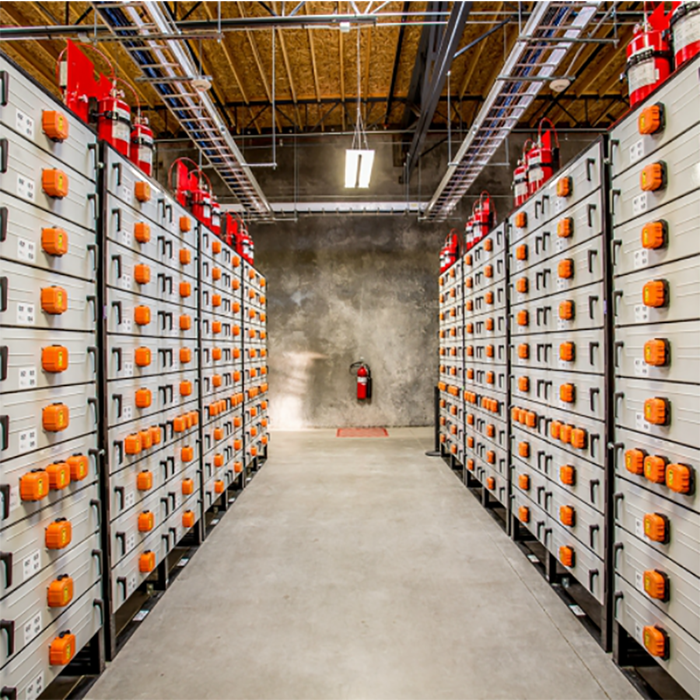Li-Bridge, a public-private partnership representing the U.S. battery ecosystem, convened by the U.S. Department of Energy (DOE) and managed by Argonne National Laboratory, released an action plan to accelerate the creation of a robust domestic manufacturing base and a comprehensive supply chain for lithium batteries.
The Li-Bridge report – Building a Robust and Resilient U.S. Lithium Battery Supply Chain – includes 26 recommended actions to strengthen the domestic lithium battery industry. Underscoring the need to stabilize policy and stimulate investment, the report’s key recommendations include a consortium of:
energy feedstock procurement, a system of shared pilot lines to accelerate the commercialization of new battery technologies, significant additional investment in battery industry workforce training, and permitting reform.
The report complements a number of recent government initiatives designed to strengthen the nation’s battery and semiconductor industries, including:
- The Inflation Reduction Act (IRA),
- the Infrastructure Investment and Jobs Act (known as the Bipartisan Infrastructure Act or BIL),
- and the CHIPS and Science Act,
which together represent some of the most significant industrial policy initiatives in U.S. history.
“The Biden-Harris administration’s investments in battery manufacturing and the supply chain have put our country on the path to a transportation system that offers cleaner, more affordable mobility options, provides good-paying jobs for American workers, and ensures our national energy independence,” said U.S. Deputy Energy Secretary David M. Turk.
“The public-private partnerships outlined in this report will be crucial to realizing that safer, cleaner future that will benefit generations of Americans to come.”
Announced in October 2021 by DOE and Argonne, Li-Bridge is spearheaded by three industry trade groups:
- NAATBatt International,
- the New York Battery and Energy Storage Technology Consortium and
- New Energy Nexus
with active participation from DOE National Laboratories and Boston Consulting Group.
The Li-Bridge report, the first collaboration of its kind in the U.S. battery industry, is the result of a collaboration of more than 40 companies, including:
- market leaders and start-ups in the automotive,
- advanced battery,
- mining and chemical,
- and power supply sectors.
These organizations collectively employ more than 1.2 million people and generate approximately $900 billion in annual revenue.
“This report provides key insights and solutions toward the goal of establishing a resilient domestic manufacturing base. And supply chain for batteries by summarizing in-depth discussions between private industry, DOE national laboratories and federal partners,” said Argonne Laboratory Director Paul Kearns.
“As a Li-Bridge facilitator between private industry and the Federal Consortium for Advanced Batteries, Argonne believes that adopting the actions recommended in the report can put the nation on the path to battery manufacturing and supply chain success.”
21st century economic growth
Driven by exponential demand, lithium batteries and the devices they power are major contributors to 21st century economic growth, on par with semiconductors.
According to the report, if the U.S. cannot establish a secure and stable supply chain for lithium battery technology within its borders. Other countries will enjoy the economic growth and job creation that lithium battery technology will generate. Currently, about 76% of lithium batteries and the vast majority of battery components are manufactured in China.
Lithium batteries are also critical to achieving U.S. climate goals. The report states that without reliable access to lithium battery technology, the United States has no chance of meeting its goal of net zero carbon emissions by 2050. Or ensuring an inclusive and socially responsible industry.
As U.S. defense applications increasingly rely on lithium batteries. The report warns of the national security risks of relying on foreign-made batteries and battery components.
It can be of your interest: Third-generation solar thermal pilot facility at Sandia National Laboratories


